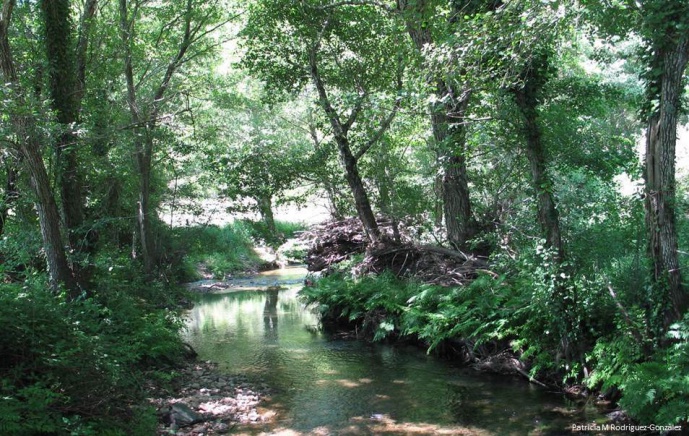Ecological patterns and processes across scales: application to river networks (RIVERSCALE)
Fresh water bodies play a major role in the maintenance of terrestrial ecosystems. However, they are presently under several threats, ranging from climate and land use change to species introductions, thus, their proper conservation and management are environmental priorities. This project looks at the diversity of riparian vegetation within the entire geographical region of continental Portugal using the data collected under the Water Framework Directive. Biodiversity has several components, including not only the number of species, but also their relative abundance and functional roles in a community. The major novelty of this project is to add to the traditional study of the several diversity components the description of their scaling properties. ?Scaling properties? are those observed when one considers several scales simultaneously. The species area relationship is an example of a scaling property because it reveals how the number of species changes as a function of a scale ? the area. However, other diversity components tend to be analyzed at one single scale, for instance, the species abundance distribution (SAD). In such studies it is implicit that the scale chosen is representative of all other scales, however, that is often not the case, including for the SAD. Therefore, instead of looking at only one scale, one should concentrate on describing how the diversity aspect under consideration changes across scales - an idea borrowed from fractal studies. To our knowledge this is the first time that a data set covering a territory with a wide range of habitats will be analyzed taking into account this approach. The project evolves along three activities: The first deals with the basic ecological description of the diversity patterns and associated processes in riparian communities all over continental Portugal, the second will apply this information to problems of climate and land use change, and the third to species introduction. Importantly, this project complements the ongoing FCT project PTDC/BIA-BIC/5558/2014, led by Luís Borda de Água. The latter project is theoretical oriented hence, can provide tools to the data analysis but, on the other hand, will benefit from having a large data set to test the methods developed. The main results of this project encompass basic and applied ecology. On the basic side is the exploration of new ways of describing ecological patterns and their relations with known processes. On the applied side is the collection of information that can be used in conservation and management projects.
Filipe dias, César Capinha, Patricia Rodríguez-González



